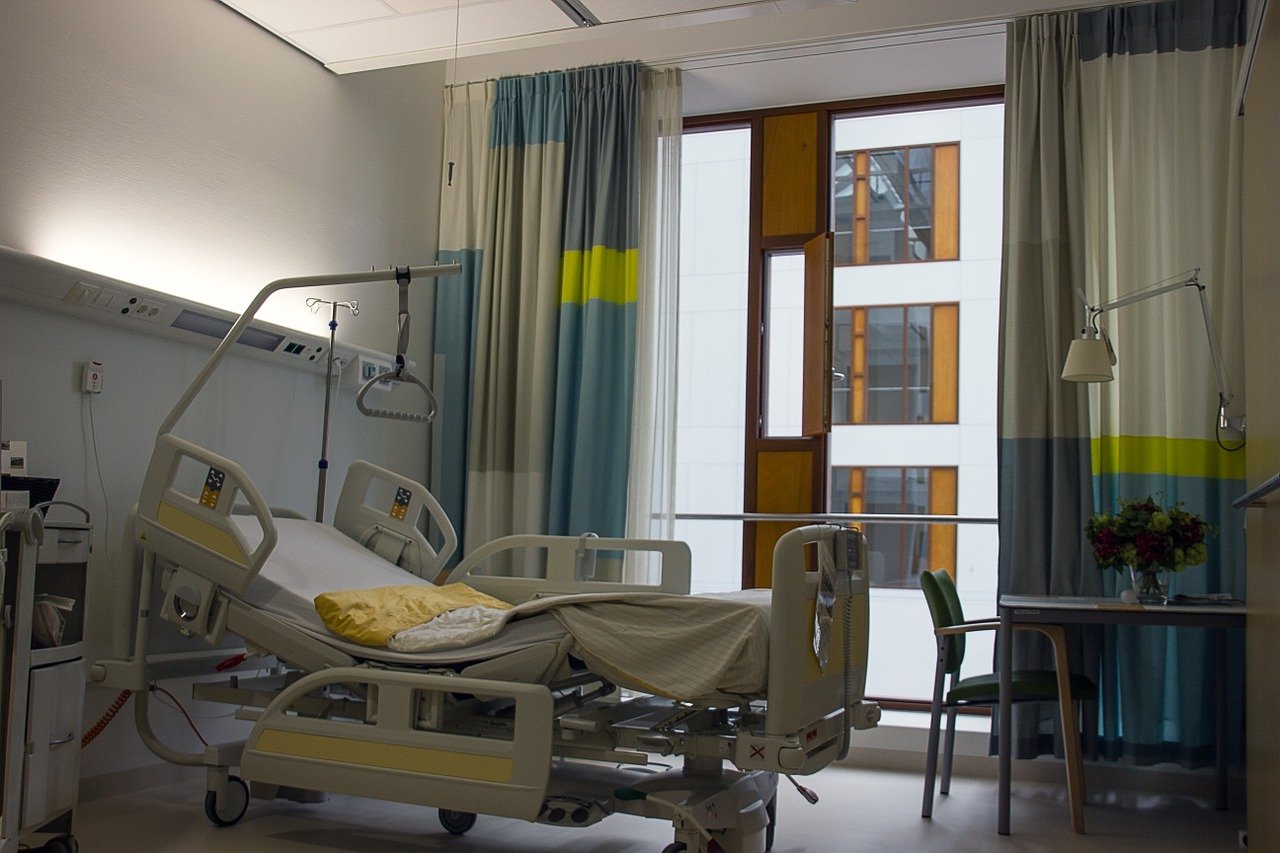A new study presented at the European Congress of Clinical Microbiology & Infectious Diseases (ECCMID) suggests using the silver-infused foils in surfaces to avoid hospital-borne infections. Based on the pattern of spread, the silver in these surfaces can control the contamination and help to control the diseases.
Hospital-borne infections are very common in almost all parts of the world. No matter how ‘clean’ the surfaces are; there are always some nasty pathogens that sneak and cause spreading these diseases. Researchers are now targeting these public surfaces in a hospital to control the transmission of pathogens, for example, proposing to impregnate them with silver.
Also read- Good Oral Hygiene May Help Prevent Dementia, New Study
This current study is completed by Dr. Andreas Widmer and his fellow researchers from the University Hospital Basel (Switzerland), trying to find out how to increase the antimicrobial activity at shared surfaces. According to them, polyvinyl chloride (PVC) has high antibacterial activity that can be used for this same reason by infusing the surfaces with any silver-based ingredient with at least 2% silver ions inside.
People often find hospital-borne infections self-contradictory because the main reason why people come to a hospital is to get treatment. Carrying new infections with them and exposing them to more health is what they least expect. And because of this same reason, many of them refuse to acknowledge their declining health to be a result of any infection that they caught from a hospital during a visit.
Any infection control policy or measures also include the hospital environment, especially how it facilitates or limits the transmission of various pathogens. Establishing cleaning units and the use of disinfection may help to some extent but they do not provide accurate results, leaving the space for a new measure. Moreover, these two are lengthy and resource-based procedures and there might be times when relying on them alone is insufficient.
The researchers have proposed the silver-infused surfaces as an additional protocol that would prevent the transmission of pathogens due to their antibacterial activity. These surfaces would still need cleaning; it is just that silver would limit the growth of these pathogens and there would be a lesser threshold these disinfectants and cleaners would have to deal with. The study talks about a silver-infused foil that is used on surfaces that are mostly touched inside the patient rooms. These rooms have the highest contamination levels and are exposed to hundreds of people daily.
Based on the results, it was clear that the foil-covered hospital surfaces carried much lesser pathogens compared to the surfaces without foil. The pathogenic count was recorded nearly 60 times less that is enough to make a difference in the spread of hospital-based infections.
Also Read- Does Pfizer Vaccine Need the Third Dose?
The research team also identified that the use of silver provides protection against one of the most notorious hospital-based pathogen Enterococci. Interestingly, these antimicrobial effects continue to last for up to six months, after that they can be re-infused.
These auto-disinfectant silver foils or similar products can make hospital surfaces cleaner, making it easy to control various infectious diseases that are linked with hospitals. These surfaces would be highly desirable where the contamination risk is highest. More research is needed to find the antiviral effects of these surfaces i.e., silver-infused foils especially during this pandemic period when it is much needed.


